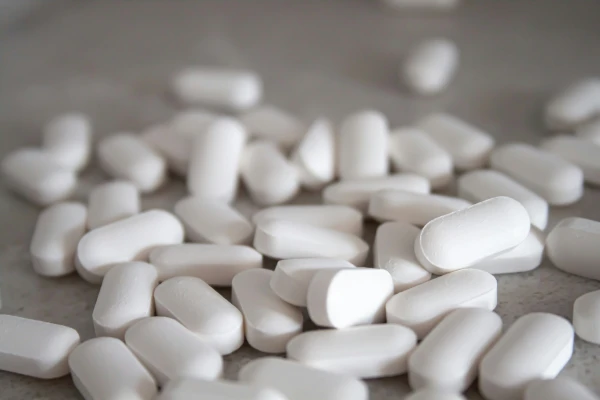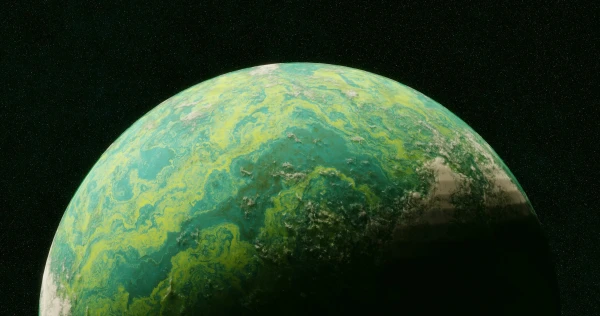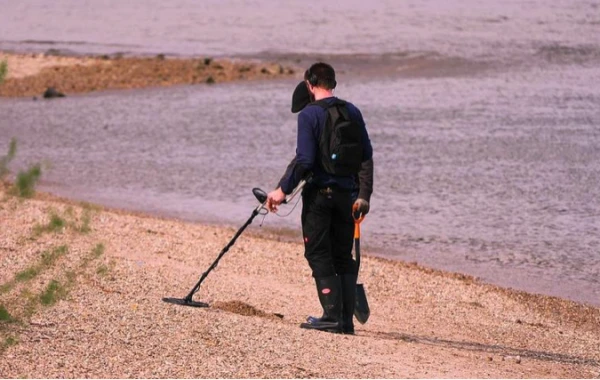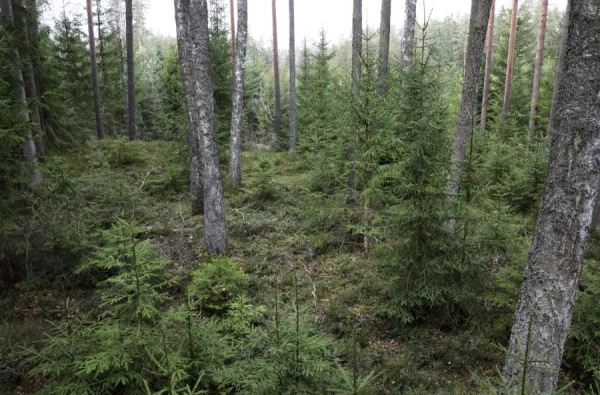
The technology is based on bioactive plants.
Researchers from the Gubkin Russian State University of Oil and Gas (National Research University) have developed a biotechnological method for extracting lithium from water sources using plants. Experiments confirmed that the valuable metal can be extracted from formation waters of oil and gas fields.
Lithium is a dispersed element with limited ability to concentrate in standalone deposits. The demand for lithium is constantly increasing with the development of electric transport and autonomous energy storage systems. According to various estimates, global demand for lithium—the main element of lithium-ion batteries—could grow by 2.5 to 3 times in the next five years. At the same time, traditional sources of the metal are very limited and concentrated in unique lithium ore deposits in Australia and saline lakes in China, Chile, and Argentina.
"In Russia, the establishment of domestic lithium extraction industries will reduce serious dependence on imports and meet the growing demand for this metal in the domestic market. Even today, the production of lithium-ion batteries used in smartphones, laptops, cars, and other devices requires more than 80% of the total volume of lithium extracted," noted Vladimir Vinokurov, a professor at Gubkin University.
As a source of lithium, scientists at Gubkin University studied formation waters of oil and gas fields—subsurface waters found in the pores and fractures of rocks. These waters are extracted as a byproduct during the development of oil and gas fields.
Such waters can be present in an oil and gas-bearing formation since the deposition of ancient sediments, penetrate over time from outside due to atmospheric precipitation, river and sea recharge, or appear through other means.
The mineralization of formation waters increases with the depth of their occurrence. In addition to inorganic substances, the waters of oil fields may contain bacteria that give the liquid various colors—pink, red, milky.
Formation waters are extracted during the development of fields. The proportion of water in the liquid brought to the surface is quite high (for fields in Russia—from 20% to 98%) and depends on the water saturation of a specific field. The water separated from the oil is usually pumped back into the formation from which it was extracted. Formation waters are rich in mineral salts; however, technologies for their processing have hardly been studied so far.
Researchers assessed the ability of various plants to absorb lithium from aqueous solutions of salts. Experiments confirmed that rapeseed is suitable for lithium extraction. The plants were grown on a mixture of formation waters and a standard nutrient solution, accumulating the valuable metal in their leaves and stems during the growth process.
"Extracting lithium from ready biomass is less costly than extracting it from traditional deposits. Considering that Russia purchases lithium exclusively from abroad, this creates risks for the development of the domestic industry. The biotechnological method of lithium extraction using plants will allow the use of the existing infrastructure of oil and gas enterprises without requiring the construction of expensive facilities. This direction is promising," emphasized Vladimir Vinokurov. In the next phase, scientists plan to continue research on the optimal parameters for using the biotechnological method of lithium extraction. The goal is to create a technological scheme for the process and begin pilot and experimental-industrial testing.















Leave a comment